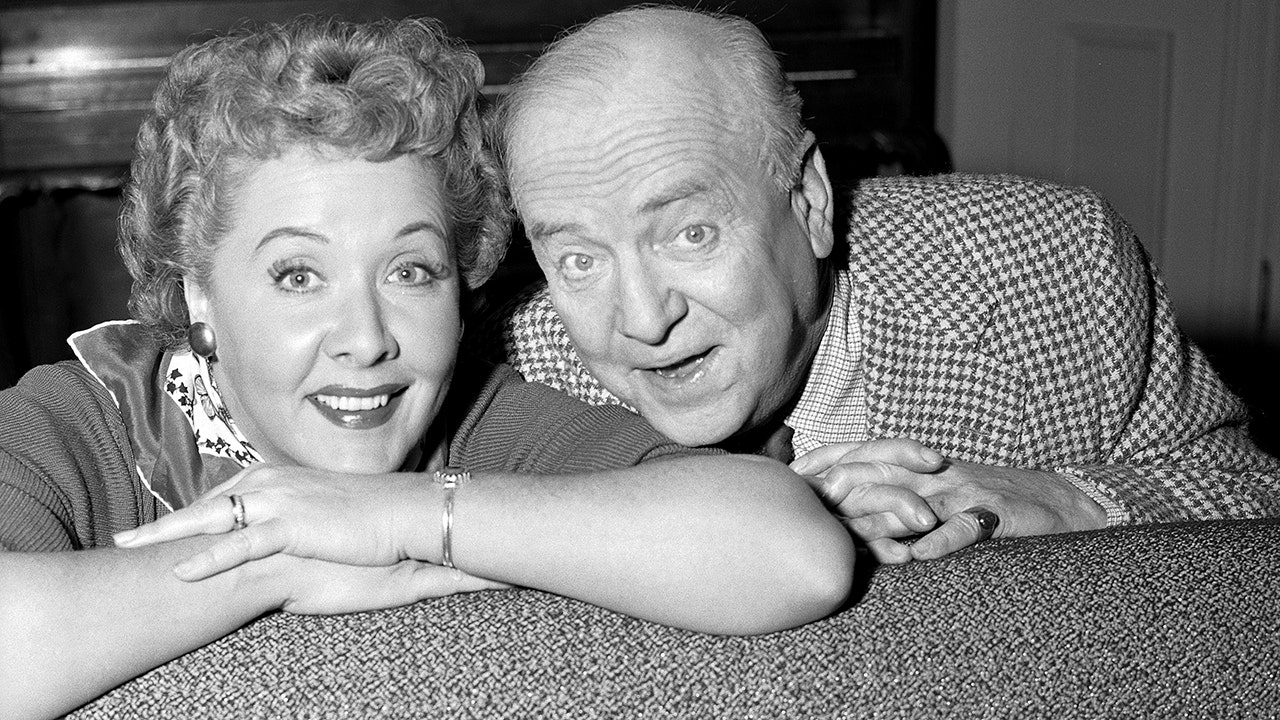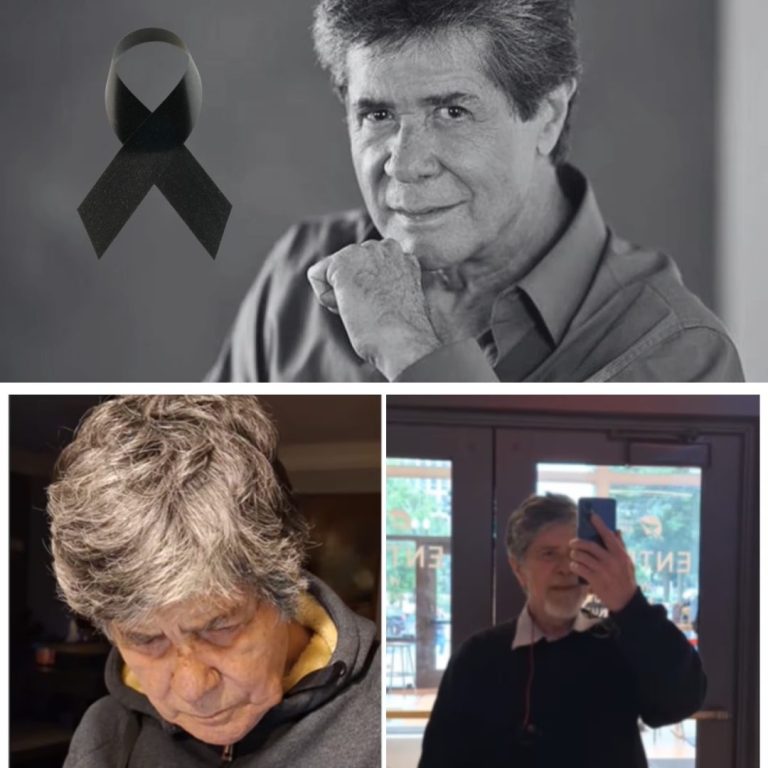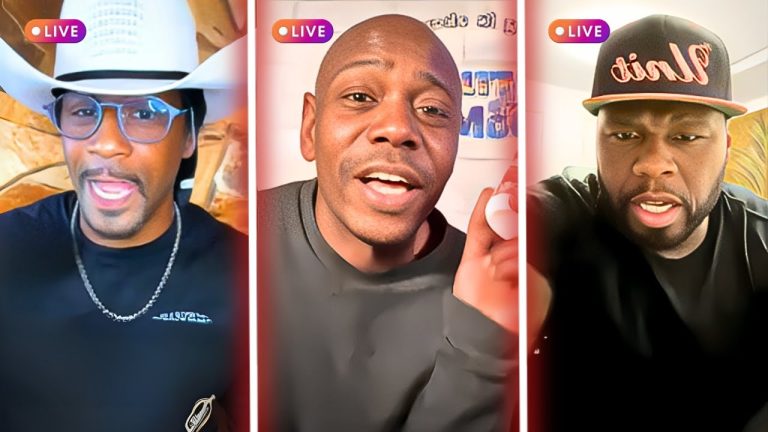In a stunning revelation that has sent shockwaves through the entertainment world, the complexities of Vivian Vance’s life – the beloved Ethel Mertz from the iconic television series “I Love Lucy” – are now being laid bare, as the actress’s untold stories of struggle, bitterness, and triumph come to light. This illuminating narrative serves as a powerful reminder that the lives behind the laughter can often be layered with hidden truths and personal battles. With the world re-examining the legacy of this legendary sitcom, Vance’s poignant experiences and hard-earned wisdom offer a fresh perspective on the hit show that captivated audiences for generations.
 “I Love Lucy,” which burst onto the television scene in 1951, remains a timeless classic, beloved for its groundbreaking comedic moments and unforgettable characters. At the heart of this cultural phenomenon was the electric chemistry between Lucille Ball’s spirited Lucy Ricardo and Vance’s affable Ethel Mertz. Their delightful on-screen friendship provided countless laugh-out-loud moments for viewers. However, an unsettling reality lurked beneath the surface, revealing a less-than-idyllic camaraderie off-camera.
“I Love Lucy,” which burst onto the television scene in 1951, remains a timeless classic, beloved for its groundbreaking comedic moments and unforgettable characters. At the heart of this cultural phenomenon was the electric chemistry between Lucille Ball’s spirited Lucy Ricardo and Vance’s affable Ethel Mertz. Their delightful on-screen friendship provided countless laugh-out-loud moments for viewers. However, an unsettling reality lurked beneath the surface, revealing a less-than-idyllic camaraderie off-camera.
One of the most striking truths unearthed in Vance’s reflections is the tumultuous relationship she shared with her on-screen husband, portrayed by William Froley. Despite their on-screen antics that charmed millions, the actress deeply resented Froley’s presence. The actor, significantly older than Vance, often made her uncomfortable in the context of their characters’ marriage, leading to a tumultuous relationship that echoed far beyond the laughter. Their mutual disdain became a well-kept secret from fans, hidden beneath the layers of humor and charm that defined the series, but it undoubtedly colored their performances with a tension that only the keenest of viewers could suspect.
Moreover, Vance’s journey was marred by the trials of typecasting. While “I Love Lucy” solidified Lucille Ball’s status as a comedy icon, Vance grappled with being relegated to the role of Lucy’s sidekick, a label that shackled her from exploring the diverse characters she was capable of portraying. With the show’s massive success, it became an indelible part of her identity, overriding her ambition for more complex roles. This frustration plagued her, as she sought to be recognized as a talented actress beyond the streets of the fictional city that made her famous.

However, amidst her struggles, Vance also emerged with moments of profound gratitude and joy from her storied involvement in the show. Her respect for Lucille Ball was unwavering, acknowledging her as a trailblazer for women in Hollywood during an era often defined by oppressive routines and gender biases. Their friendship, which flourished in the shoes of bitter exchanges and professional demands, showcased a profound mutual respect. After the series wrapped, Vance remained a steadfast ally to Ball, standing by her during some of the most tumultuous periods of her life, fostering a bond that defied the challenges faced during their time together on set.
The dichotomy of Vance’s experiences offers a unique lens through which fans can understand the realities of life in Hollywood. She ultimately recognized the dual nature of her legacy: “I Love Lucy” provided her with unprecedented fame but simultaneously boxed her into a corner, presenting insecurities about her true self. The show, branded with laughter and lighthearted humor, rendered shadows of doubt and self-reflection.
Vance’s need to reconcile her public persona with her personal experiences is an echo of the common struggles many entertainers face today. Her candidness provides an invaluable lesson that the laughter that fills our screens often masks stories of personal tribulations. It shines a spotlight on the necessity for deeper appreciation of the sacrifices made by performers behind the scenes.

In the ever-evolving landscape of television history, Vance stands not just as Ethel Mertz but as a symbol of the intricate web that is Hollywood: a woman who not only contributed to shaping an era of comedic history but also confronted her own vulnerabilities in a cruelly demanding industry. With these newfound insights and a re-examination of her journey, we can honor Vivian Vance beyond her comic legacy and remember her as a voice of resilience and authenticity in an often superficial world.
As the story unravels and larger discussions about the treatment of women in television grow increasingly vital, Vance’s honesty provides a compelling narrative illuminating the struggles behind the scenes. Today, her truth resonates louder than ever in a society that increasingly seeks to understand the realities hidden behind the glamour of fame. Remembering Vivian Vance is a celebration of not only the iconic character Ethel Mertz but also the complicated woman whose laughter and tears forged a path for those who followed in her footsteps. The truth of her journey, at long last, is being uncovered, fulfilling a promise that her voice will not be forgotten.





